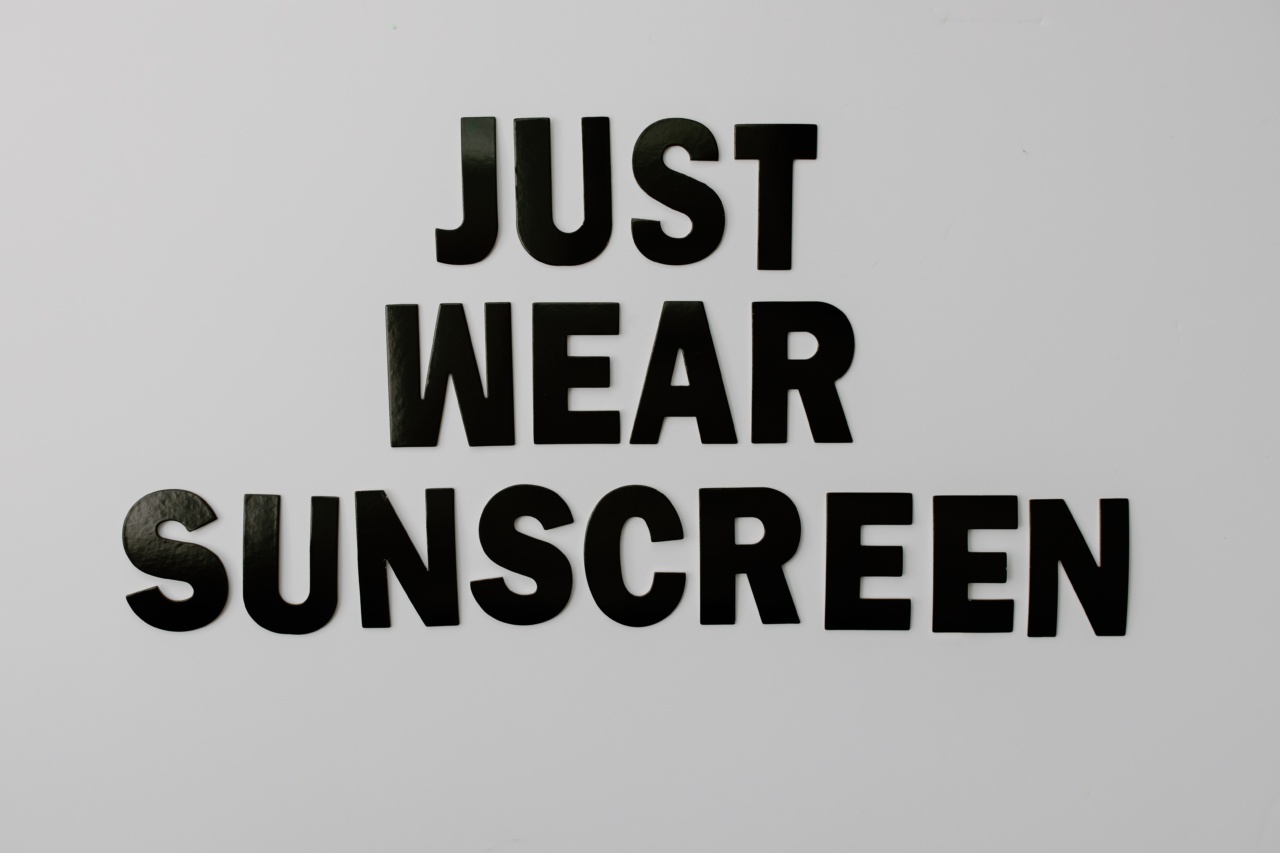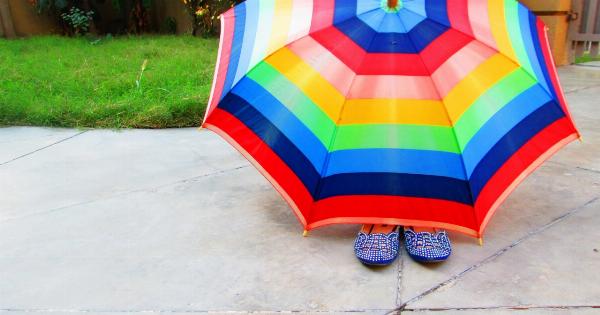Protecting your skin from the harmful UV rays of the sun is not only vital to maintain healthy skin but also to avoid serious medical conditions such as skin cancer.
Sunscreen and sun protection are the most common ways to protect your skin from the sun, but not everybody understands the importance of following the right methods. In this article, we will discuss 8 misconceptions about sunscreen and sun protection that need to be clarified.
1. The Higher the SPF, the Better the Protection
One of the biggest misconceptions people have about sunscreens is that a higher SPF means better protection. In reality, the difference between SPF 30 and SPF 50 is not much. SPF 30 blocks 97% of UVB radiations, while SPF 50 still blocks only 98%.
2. Sun Protection Is Only Required When the Sun Is Visible
UV rays can penetrate through the clouds and windows, so it is important to wear sunscreen even when there is no sunshine visible. Dermatologists recommend using sunscreen daily, even on cloudy days.
3. Only Fair-Skinned People Need Sun Protection
It is a misconception that only fair-skinned people need sun protection. Every skin tone can get sunburned, and skin cancer can affect anyone regardless of their skin tone or ethnicity.
4. Sunscreens Do Not Expire
Sunscreens have a shelf life, and using expired sunscreen can lead to reduced efficacy. Most sunscreens have an expiration date printed on the package, so make sure to check before using any sunscreen that has been sitting in your drawer for months.
5. Sunscreens Do Not Need to Be Reapplied
It’s essential to reapply sunscreen every two hours, especially after sweating or swimming. When we sweat, the sunscreen’s protective layer breaks down, leaving our skin unprotected.
6. Applying Sunscreen Once in a Day Is Sufficient
Applying sunscreen once in the morning is not enough to protect your skin for the entire day. It would help if you reapply it throughout the day, as mentioned before, every two hours.
7. Sunscreens Are Harmful to the Environment
Sunscreens can be harmful to coral reefs and marine life. Some chemicals used in sunscreens can be toxic to aquatic animals. However, many reef-safe sunscreens are available now that are free from such harmful chemicals.
8. You Only Need Sunscreen on the Beach
You can get sunburnt anywhere, not just on the beach. You should wear sunscreen every day, especially when driving, walking, or doing outdoor activities such as gardening or hiking.




























